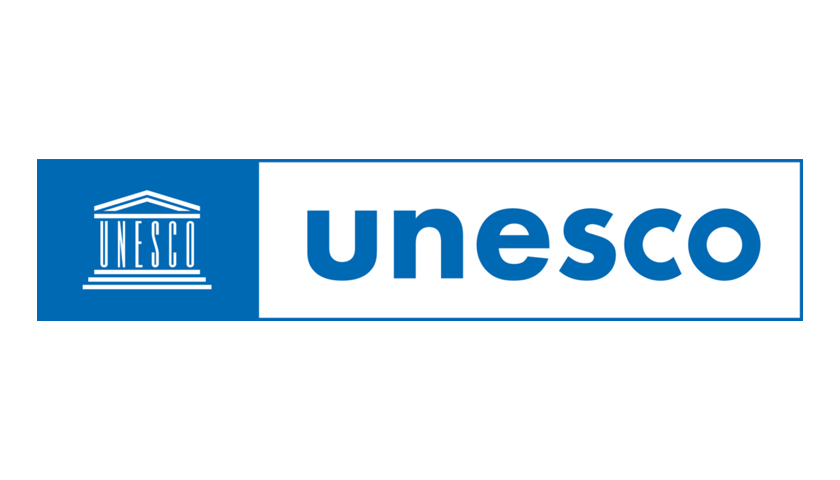As a consequence of the international Project on “Broadening the Application of the Sustainability Science Approach”, the UNESCO Natural Sciences and Social and Human Sciences Sectors has launched the production of principles and operational guidelines on sustainability science. They aim broaden the application in research and education for implementing the Sustainable Development Goals (SDGs). The project consists of a UNESCO intersectoral initiative funded by the Japan Ministry of Education, Culture, Sports, Science and Technology (MEXT).
In this context, several Member State representatives took part in an event lead by Mr Martiale Zebaze Kana, UNESCO Chief of Capacity Building Section, in which he spoke about the project and its achievements. He seized the opportunity to thank the guidance of the multidisciplinary steering committee including its drafting sub-committee. Mr John Crowley, UNESCO Chief of Research, Policy and Foresight Section then followed with essential remarks highlighting the work of MOST in sustainability science. Next, Mr Yosuke Kobayashi, Director for International Strategic Planning at the Japan Ministry of Education, Culture, Sports, Science and Technology (MEXT), underlined the importance of this cooperation to support the implementation of the SDGs.
As emphasized in the Guidelines: “Sustainability Science is research and education that results in new knowledge, technology, innovation and holistic understanding which will allow societies to better address global and local sustainability challenges”. This field includes disciplinary, interdisciplinary and transdisciplinary science. It is also geared towards the generation of basic knowledge, applied technology, sociocultural innovation as well as towards new governance or social and economic models. Sustainability Science is an expression of both academic freedom and responsibility towards societal issues.
The UNESCO-Japan/MEXT Project, initiated in October 2015, aims to help UNESCO Member States and other stakeholders introduce or reinforce a sustainability science approach into transdisciplinary research and education, to facilitate the response to global challenges. Based on the joint efforts of UNESCO’s Natural Sciences Sector, Social and Human Sciences Sector, Education Sector and Regional Science Bureau for Asia and the Pacific in Jakarta, the project benefits from the guidance of a multidisciplinary steering committee and a drafting sub-committee.


